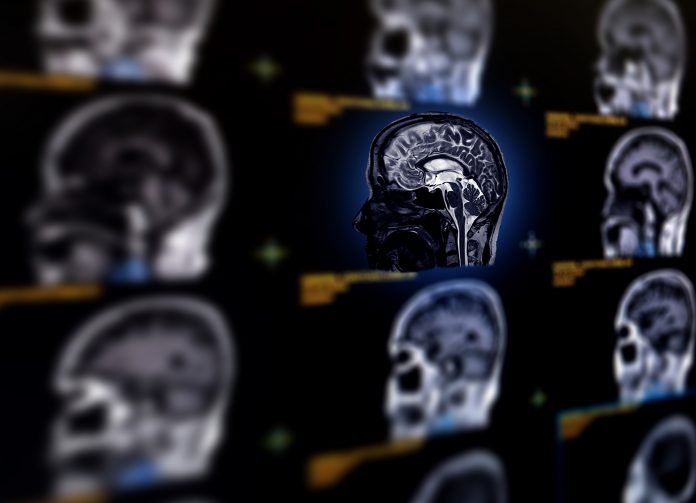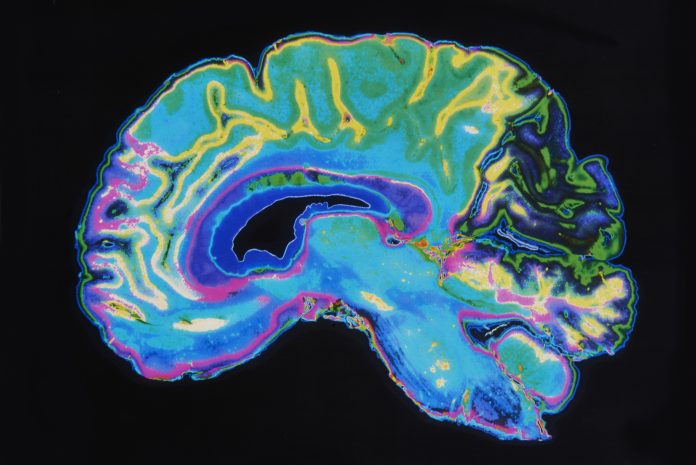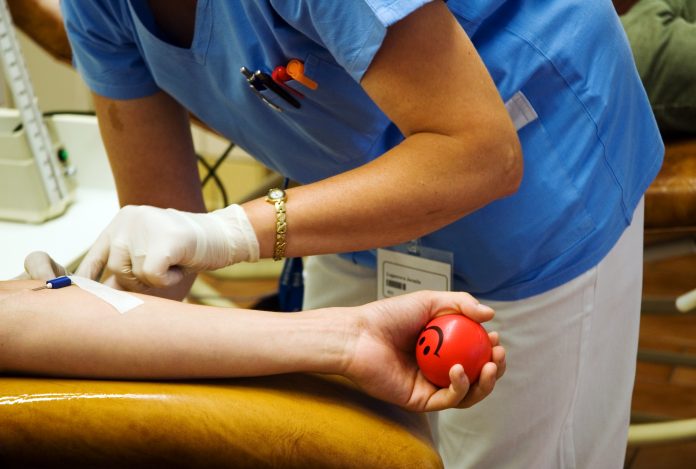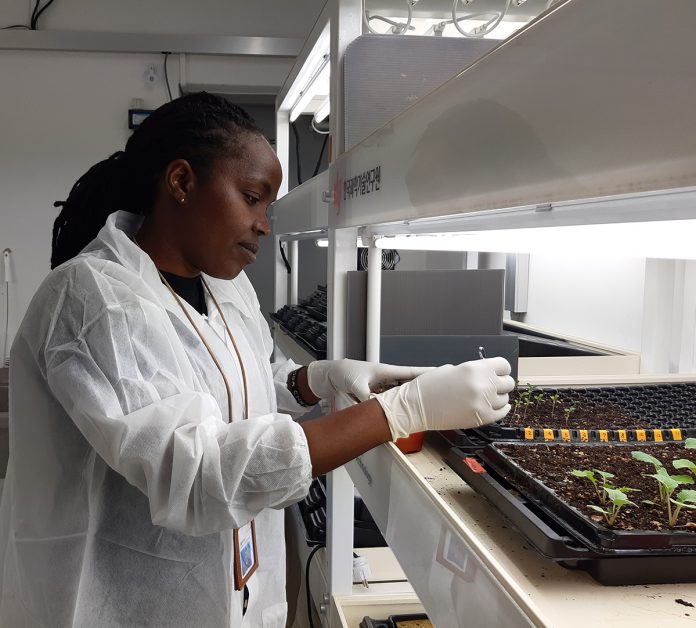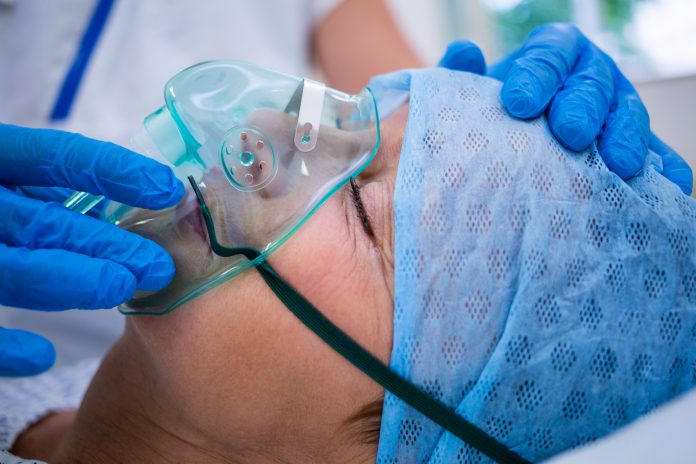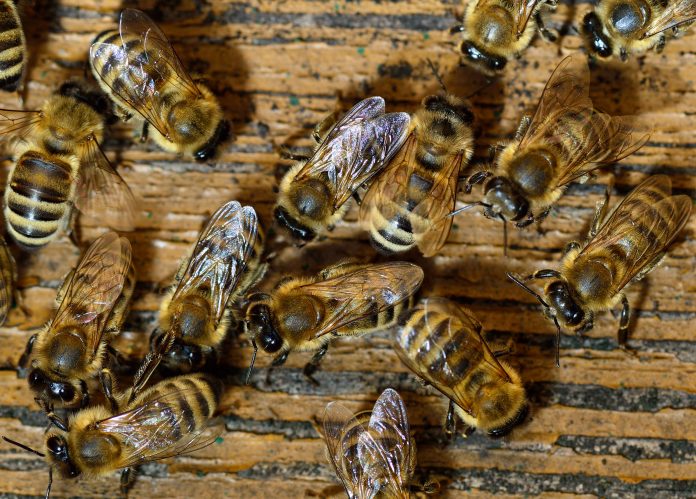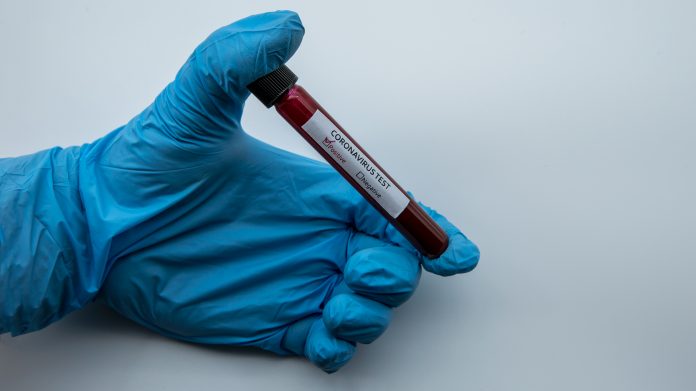Diseases Related Content
UK collaboration will revolutionise rare disease treatment
The Medicines Manufacturing Innovation Centre (MMIC) has developed a scalable, sustainable and more cost-effective way to manufacture oligonucleotides and treat rare diseases.
Treating bovine tuberculosis (bTB) with artificial intelligence
Craig Rhodes, EMEA Industry Lead for Artificial Intelligence Healthcare and Life Science at NVIDIA, explores how bovine tuberculosis (bTB) can be monitored and treated more effectively and efficiently using Artificial Intelligence (AI).
Childhood trauma linked to multiple sclerosis development
Scientist have found that childhood trauma could affect the development and treatment of multiple sclerosis in adulthood.
Changing mealtimes could prevent type 2 diabetes
In a new study, researchers will examine if changing our mealtimes to earlier or later in the day could reduce the risk of developing Type 2 diabetes.
New framework to improve diagnosis and treatment of rare diseases
The new UK Rare Diseases Framework sets out to accelerate diagnosis and improve the treatment of rare diseases.
New gene therapy for eye disease developed in Ireland
Scientists from Trinity College Dublin have developed a new gene therapy for an eye disease that leads to progressive loss of vision.
More evidence on how to manage chronic pain can bring relief
Dr Ganesan Baranidharan, consultant in anaesthesia and pain medicine at the Leeds Teaching Hospitals NHS Trust, explains the power of neuromodulation for managing chronic pain and explains why comprehensive evidence is needed.
Brain conditions, mental and neurological alike
Prof Monica Di Luca, President, European Brain Council, sheds light on brain conditions, mental and neurological alike, starting with comment on the burdens presented.
Diabetes increases risk of COVID-19 brain complications
New research finds that bleeding and stroke are COVID-19 brain complications that are more frequent in people with diabetes and hypertension.
A vision of a world free from the effects of multiple sclerosis
Dr Katie Howe, Research Communications Manager at the MS Society charts a vision of a world free from the effects of multiple sclerosis.
Salt: The forgotten pandemic
Mhairi Brown, Policy and Public Affairs Manager for Action on Salt, stresses the need for Public Health England to implement a strict and ambitious salt reduction policy.
COVID-19 survivors can donate plasma to vaccine testing
A study by the Bloomberg School of Public Health found that severe COVID-19 patients can produce strong antibodies for vaccine testing - especially the older male population.
Introduction to E.coli and diarrheal disease
Ann G. Matthysse, Professor of Biology from The University of North Carolina at Chapel Hill provides an informative introduction to E. coli and diarrheal disease.
The RSIF-PASET Programme: Food security and agribusiness at SACIDS Foundation
Here, Professor Gerald Misinzo and Professor Mark Rweyemamu discuss the potential of the RSIF-PASET Programme.
COVID-19 and pulmonary fibrosis
Steve Jones, President of EU-IPFF and Chair, Action for Pulmonary Fibrosis in the UK describes the connection between COVID-19 and pulmonary fibrosis.
Honeybee venom found to kill agressive breast cancer cells
Researchers from the University of Western Australia have found that the venom of honeybees can destroy aggressive breast cancer cells in a lab setting.
Diabetes: Innovative technology for long-term health conditions
Here, we discover why Gendius’ remote management technology, Intellin®, is poised to transform the way that we manage long-term health conditions including diabetes.
Tech researchers: UK government should rethink track and trace
Lancaster University researchers suggest that the UK government should work with a deeper understanding of public priorities for track and trace.
Cinnamon improves blood sugar control in people with prediabetes
According to a new study, cinnamon improves blood sugar control in people with prediabetes and could prevent type 2 diabetes.
Natural ingredients that help with diabetes
Mina Khan, Pharmacist, explores what naturally occurring ingredients are clinically associated with lowering blood sugar.










